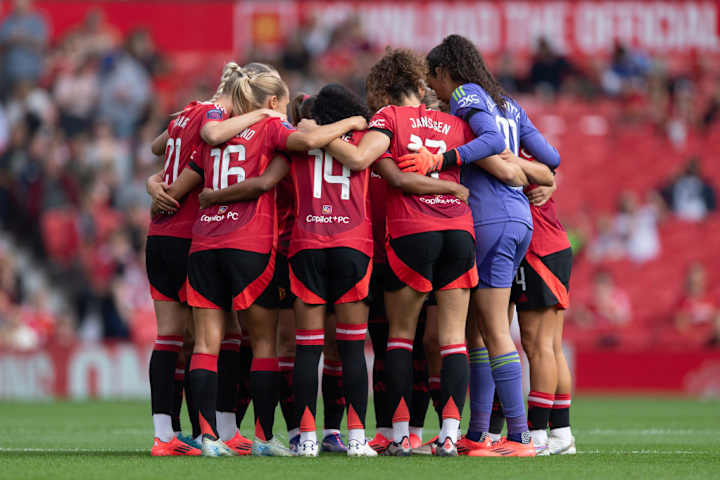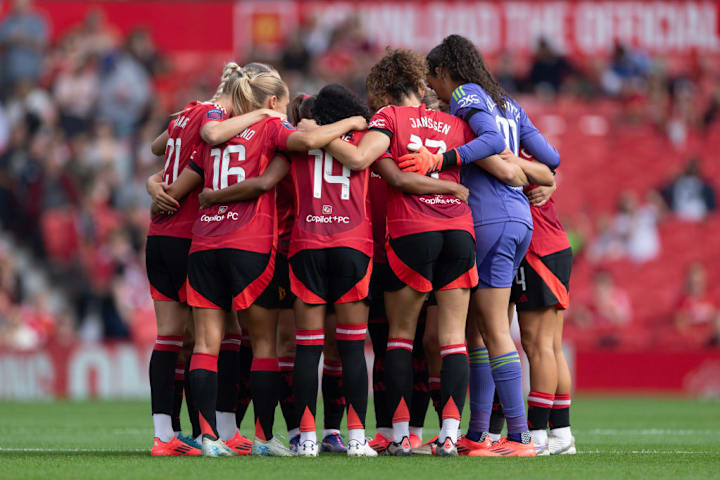
Research shows women’s football fans are worried about the future of the game
The 2024/25 season is well underway and it’s an exciting time for the WSL and the women’s game.
Overall, the game is going from strength to strength, and a new era dawns under Women’s Professional Leagues Limited. The new company, led by CEO Nikki Doucet, acquired control of the WSL and Championship from the Football Association over the summer.
However, the off-season also highlighted some of the major problems still facing the women’s game today. Reading were forced to withdraw from the Women’s Championship in June, and new Manchester United co-owner Sir Jam Ratcliffe admitted women’s team plans were to be determined.
In a recent study carried out by women’s football social media platform and creative agency She’s a Baller, research has shown close to a quarter of women’s football fans do not feel they know enough about the direction of travel, and some are worried about the future of the game.
The Women’s Football Fandom Insights Report, which was released last month, surveyed 1,153 football fans, and asked all the key questions about women’s football. Responses were differentiated between men’s football fans, women’s football fans, and fans of both.
When asked whether they know the direction of women’s football over the next two to three years, 23% of women’s football fans said they do not know enough. 30% are somewhat worried about the future of the game, while 19% harboured greater concerns.
Speaking about their specific worries, one female supporter from the UK expressed: „Not all clubs or leagues are investing fairly. Internationally, there’s great disparity in terms of pay. Plus, even now most professional women must have a backup job or side hustle to be football players.“
Another UK-based supporter added: „Clubs like Reading, Blackburn, Manchester United, etc have proved how progress isn’t guaranteed, and clubs can regress. In the case of Reading, it shows just how quickly it can happen due to neglect and utter disrespect and disregard from club owners and board members.“

One supporter noted fears about the future of the grassroots women’s game, saying: „I don’t feel like women’s football has enough support and backing to carry on sustaining itself. More and more women’s team funding is getting cut, and the grassroots teams are disappearing, slowly but surely.“
The report also included expert insight from the University of Portsmouth’s associate professor in accounting and sport finance, Dr Christina Philippou, who said: „Support for failing women’s clubs seems to be a concern – pressures on club spending where women’s teams are affiliated with a men’s team often spills over into the women’s team as they are often perceived as charitable spending rather than investments in a relatively new high growth division of a business.“
Key findings from She’s a Baller’s 2024 report also centre around consumption habits, such as travel to matches, streaming games, and how fans engage with women’s football content. They have also looked at the influence of female players, and how brand partnerships and endorsements impact fan spending habits.
LGBTQ+ and Female Fan Safety is also a key topic, as well as growing excitement for the 2025 UEFA Women’s European Championship in Switzerland next summer. The Lionesses were crowned champions in 2022, and will hope to retain their title in July next year.